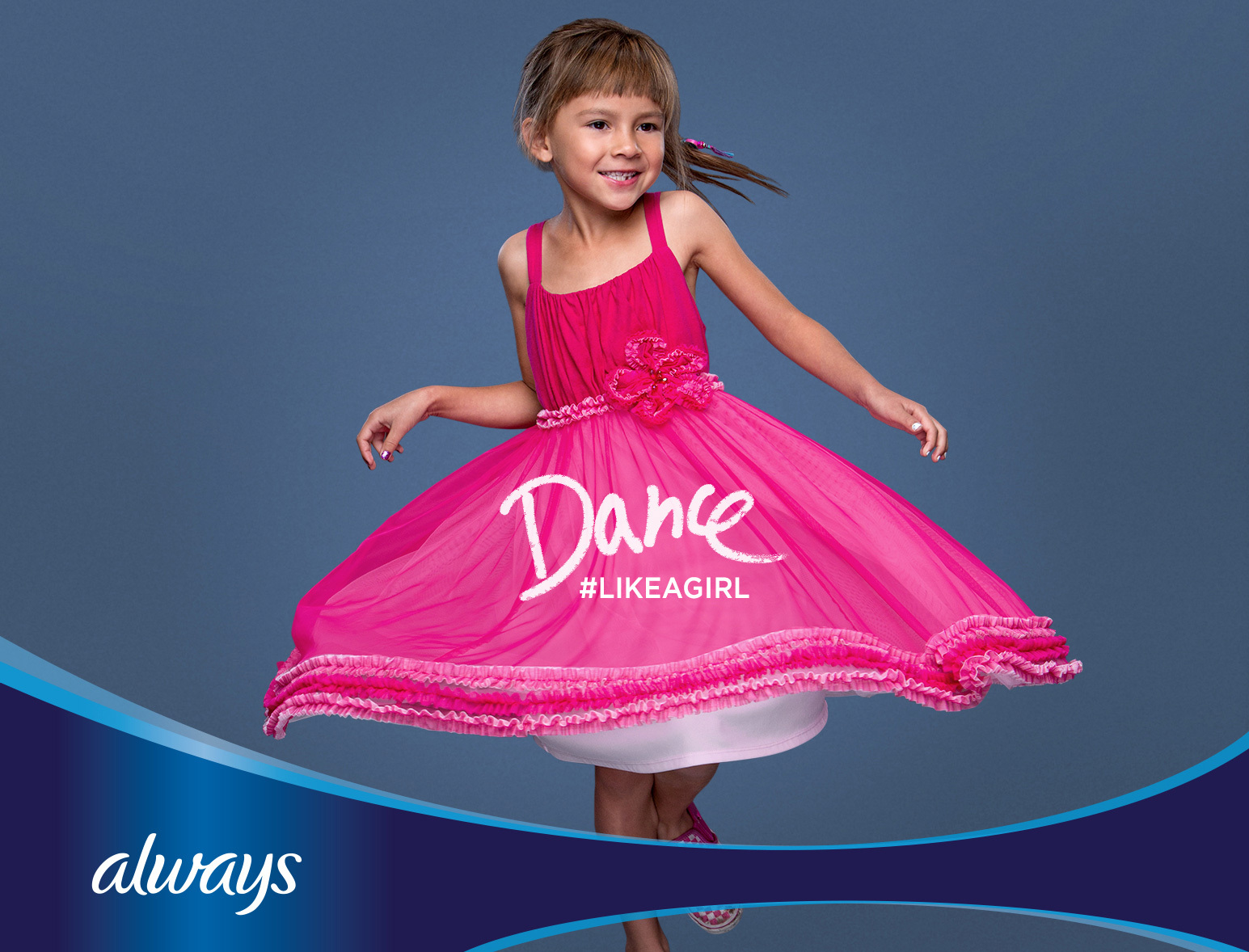Why feminspiration advertising is just the sort of cynical ploy feminism needs
Corporate messaging has real power, even when they don't walk the walk


A free daily email with the biggest news stories of the day – and the best features from TheWeek.com
You are now subscribed
Your newsletter sign-up was successful
If you've found the unyielding march of feminist-inspired advertising a bad omen for women's rights, you're not alone — but you might be off base.
Over the past few years more and more advertisements have relied on feminist messages to peddle goods to customers. Dove led the way a decade ago with with their wildly successful "Campaign for Real Beauty," and now brand after brand are taking a page from their already-well-worn playbook. Recent examples include T-Mobile and Nationwide featuring Sarah Silverman and Mindy Kaling, respectively, as well as slightly older ones from Pantene and GoldieBlox. There's also the immensely popular Always campaign "Like a Girl," in which young girls are interviewed about what it looks like to run, throw, and fight like a girl. (The answer is just like the boys.)
So, should we be celebrating the corporate world's embrace of feminism? Or condemn them, as some critics have, for being corporations with the less-than perfect feminist records and co-opters of a cultural and political movement? I say the former.
The Week
Escape your echo chamber. Get the facts behind the news, plus analysis from multiple perspectives.

Sign up for The Week's Free Newsletters
From our morning news briefing to a weekly Good News Newsletter, get the best of The Week delivered directly to your inbox.
From our morning news briefing to a weekly Good News Newsletter, get the best of The Week delivered directly to your inbox.
We can't ignore the power advertising has to shape our consciousness. Feminists have long claimed this when critiquing the unrealistic portrayal of women in ads, as have women's sites like Jezebel when they've chronicled the various ways companies make their models look thinner, whiter and/or younger. Just last year, lawmakers attempted to pass a bill that would have regulated the overuse of photoshop which "can create distorted and unrealistic expectations and understandings of appropriate and healthy weight and body image." Indeed, studies have found a link between unrealistic portrayals of women in advertisements and negative body image.
Really, it's not hard to find examples of the power advertisements have to shape identities and create expectations. Just look at how De Beers convinced us all to buy engagement rings through the magic of their "A Diamond is Forever" campaign, launched in 1939. Before that such rings were luxury items, and rarely contained diamonds. Or look at an even more infamous example: In 1955 Marlboro cigarettes turned smoking into something tough men do with the Marlboro Man, and sales went up 300 percent over the next two years.
No, neither of these were necessarily positive contributions to our world, but their pervasiveness is undeniable. Should Always manage to do for running "like a girl" what DeBeers did for diamonds, the world will be a better place. And such a victory would be an especially American one.
In a place like the United States, it's rare to witness a cultural and political movement that occurs exclusively outside the realm of consumer culture. The proliferation of ideas, and even ideologies, has always been tied up with folks trying to make a buck. This is because advertisers work hard to find that sweet spot between being radical and safe. They want to appear new and relevant, but never so much that they risk alienating their customer base. Finding this sweet spot is a complicated psychological game, one that requires a finger on the zeitgeist and an ability to predict what's next. And when it works, it works. The fact that feminism has hit this sweet spot is a sign of its success; it's an ideology that is finally going mainstream.
A free daily email with the biggest news stories of the day – and the best features from TheWeek.com
I don't blame feminists for being concerned. The intertwining of capitalism and feminism definitely mucks things up, and can give us the specter of progress without real change. But with something like feminism, the battle is in people's minds as much as it's on the ground; it's a fight against the subtle biases that even the most well-meaning among us still carry.
Advertising should never be the main vehicle for social justice movements, but when the mad men finally come around we should applaud it — and then quickly work to capitalize on whatever goodwill they might have created.
Elissa Strauss writes about the intersection of gender and culture for TheWeek.com. She also writes regularly for Elle.com and the Jewish Daily Forward, where she is a weekly columnist.
-
 The Olympic timekeepers keeping the Games on track
The Olympic timekeepers keeping the Games on trackUnder the Radar Swiss watchmaking giant Omega has been at the finish line of every Olympic Games for nearly 100 years
-
 Will increasing tensions with Iran boil over into war?
Will increasing tensions with Iran boil over into war?Today’s Big Question President Donald Trump has recently been threatening the country
-
 Corruption: The spy sheikh and the president
Corruption: The spy sheikh and the presidentFeature Trump is at the center of another scandal
